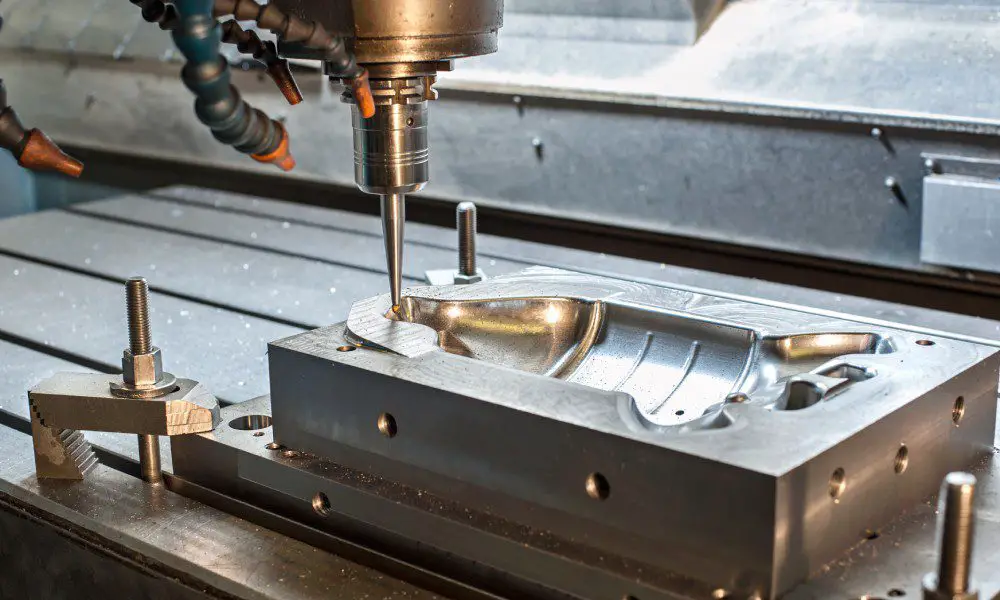

In manufacturing, the pursuit of advanced methods that offer efficiency, quality, and versatility is a constant venture. Reaction injection molding (RIM) stands out as an innovative process that has revolutionized the production of high-strength, lightweight parts.
Unlike traditional molding techniques, RIM combines specific chemical components that react inside the mold to form durable polymers. This sophisticated method is not just a breakthrough in material science but also an exemplar of engineering ingenuity. Learning why reaction injection molding is innovative and the best option for your manufacturing process will help you make an informed decision.
Despite the high-tech nature of RIM, it is surprisingly cost-effective. The process typically involves lower tooling costs and shorter cycle times compared to traditional injection molding. This efficiency translates to reduced production costs without compromising the quality of the final product. The lightweight nature of the products produced by RIM can lead to further cost savings, particularly in the automotive industry, where reducing the weight of components directly impacts fuel efficiency.
The speed of reaction injection molding is another factor that contributes to its innovative status. The process facilitates rapid prototyping, allowing designers to quickly test and iterate their designs before full-scale production. This rapid turnaround is crucial in industries where time-to-market is a critical competitive factor.
Reaction injection molding design flexibility is one of the standout features that sets this process apart from traditional molding techniques. The method allows for the creation of complex geometries and intricate designs that would be impossible or cost-prohibitive with other manufacturing processes. This flexibility in design means that engineers and designers can overlook rigid manufacturing guidelines, enabling creativity and innovation in product development.
As industries strive to become more sustainable, reaction injection molding offers several environmental benefits. The RIM process can use bio-based and recyclable materials, which reduces the reliance on fossil fuels and minimizes waste. The energy-efficient nature of the process, combined with the durability and longevity of the final products, contributes to a reduced environmental footprint.
Reaction injection molding is innovative because of its ability to produce parts with exceptional material properties. The polymers created through RIM processes are popular for their strength, impact resistance, and flexibility. These properties are essential for industries that demand high-performance materials, such as automotive, aerospace, and medical devices. The chemical reactions enable manufacturers to fine-tune the properties of the materials, resulting in products that can withstand heavy usage.
Reaction injection molding stands out as a pioneering process in the manufacturing sector, marrying exceptional material properties with design flexibility, cost-effectiveness, environmental benefits, and rapid prototyping. As industries continue to evolve, the innovative capabilities of RIM will undoubtedly play a critical role in shaping the future of manufacturing.
Beat the Caribbean heat with energy-efficient windows! Smart materials and shading designs keep your home…
Commercial bakeries are some of the biggest powerhouse production operations in the food supply chain.…
In the modern business landscape, the significance of durable and efficient roofing solutions is often…
In today’s world, homeowners often underestimate the importance of a robust roofing system. A house…
In today’s fast-paced manufacturing landscape, online CNC machining services have emerged as a game-changer, offering businesses and…
From concrete to retaining walls, learn how full-scope outdoor construction delivers durable, beautiful results for…